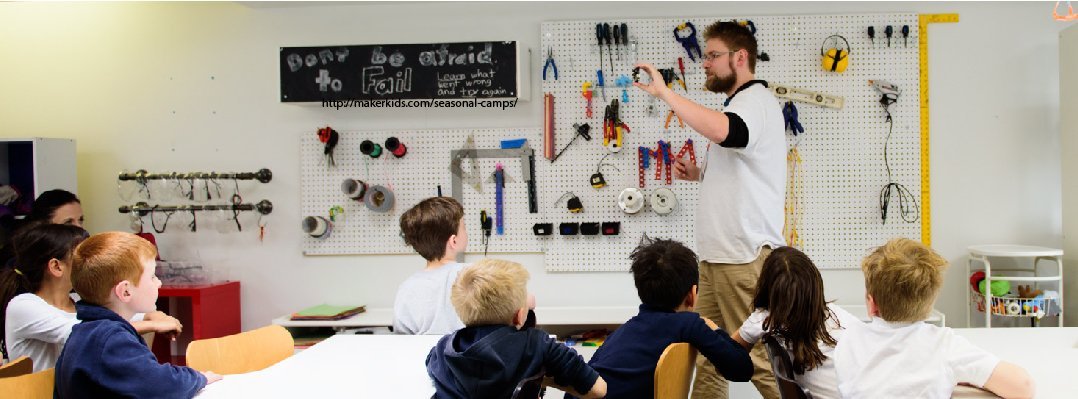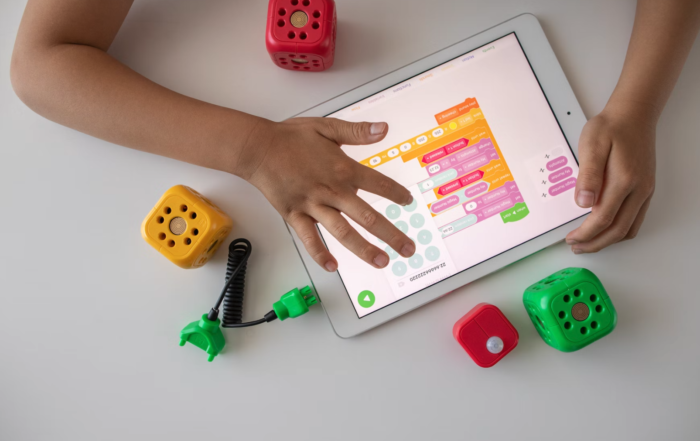As a parent, there are so many different things to worry about when it comes to your kids. From wondering if they’re eating enough vegetables to how they’re doing at school, the plate of worries for parents is jam-packed.
Among the many things on that plate are the topics of resilience and adaptability. These are two traits that will benefit kids now and in the long-run. But how can you tell if your child encompasses these traits? Here are some questions to ask yourself to help figure it out:
Is Your Child Confident?
Researchers from the Wisconsin School of Business found that more confident students did better in school, were more optimistic, and showed more resilience than those with a lower confidence level. They found that the more confident students were able to bounce back from challenges and overcome failure more easily. If your child’s self-confidence level could use a boost, look for ways to compliment and praise them.
Does Your Child Have a Strong Bond to the People Around Them?
When children have a strong bond with family, friends, and teachers, they feel as though there is always someone there for them should they need it. This can make them feel more resilient because they know if they should fail or need more encouragement, there’s someone in their corner. You can help your child build stronger bonds by spending more time with them and encouraging them to build friendships with their peers.
Does Your Child Get Mad When There’s a Change in Plans?
We all know that things don’t always go as planned. If your child tends to get bent out of shape when plans change, you may need to help them become more adaptable. Being adaptable means that you roll with the punches and realize that there can sometimes be a snag in even the best-made plans.
Does Your Child Look for Different Ways to Do Things?
Part of being adaptable is looking for different ways to do things. Sometimes you may not have all of the tools needed to get the job done the traditional way. But, if you’re adaptable you can look for another way to accomplish the same goal. See how your child reacts when there’s a blip in directions. If they find another way around it, then you can classify them as being adaptable versus a child who gives up when the traditional way of doing things isn’t available.
At MakerKids, students learn how to work on their resilience and adaptability skills through our various programs. A coding or robotics project rarely goes as planned the first time around. In order to succeed, kids need to learn to keep trying and look for different ways to get it done. We encourage our students to always use their creativity to build their resilience and adaptability.
To learn more about the MakerKids programs call us at 1-844-MAKERKIDS or visit us online.
Also Read
“Make” Your Child’s Summer with a MakerKids Camp
Summer camp season is almost upon us. Have you
How Coding Classes Can Lead to a Career in Coding
Often, children are asked the question, what do you
Digital Creativity Unleashed: Coding as a Creative Outlet for Kids
When children learn to code, they’re not only learning









